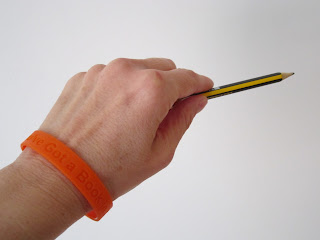It was, frankly, a race. Both parties got there, but
Amundsen (Norway) got there first, and he and his men got back alive. Unlike
Scott (England) and his. The radio hosts (unknown, just caught a few minutes)
said that the main difference was that Amundsen required his men and dogs to
travel 15 nautical miles per day, no matter the conditions, while Scott's party
traveled more when conditions were good, less when they weren't.
The key emphasis: While Amundsen led his men out in bad
conditions to make their 15 miles, he also PREVENTED his party from traveling
more than 15 miles a day. By this method his men and dogs were fresher at all
times. "Fifteen miles? Dudes, we're done! Let's pitch them tents and gnaw
on some butter sticks!" No periods of extreme exhaustion, no anxiety to
make up for time lost hunkering in bad weather.
I read up on this and found that there were more differences
between the expeditions, like the plain fact that Amundsen's party was better
prepared and used simpler equipment, and the fact that Scott's expedition
included lots of stopping to gather scientific data, which took not just time
but energy.
What all this has to do with investing I don't know exactly
because I didn't hear the whole program, but I'd guess we're talking prudence
and patience.
But I do know what Amundsen and Scott have to do with us
writers.
In recent years due to challenging life conditions I put off
writing new fiction, waiting, as it were, for the weather to clear. It took
some pressure off, but put other pressure on.
Because I knew I SHOULD be writing fiction in spite of the
other demands on my time and energy, in spite of the other obligations—writing
and otherwise—I'd taken on, and I was always a little uneasy.
One day I woke up and realized that 1) the weather might
never fully clear, and 2) it was futile to expect, or wish, for it to clear.
Under those conditions, I needed to be happy with small but
steady fiction output. Once I accepted that, things flowed better, and guess
what? I'm on my way to the pole. Gonna plant that flag.
Join me.
How's it going with your writing? Does this story make sense
to you?
I value your comments! To post one, click below where it
says, 'No Comments,' or '2 Comments,' or whatever.
[Photo info: I took this picture of a Magnificent Frigatebird at the Panama Canal.]
If you'd like to receive this blog automatically as an
email, look to the right, above my bio, and subscribe there. Thanks for looking
in.




